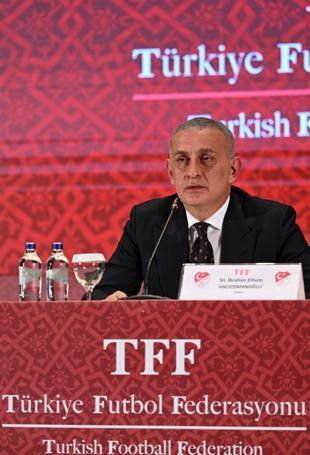Istanbul hosts ministerial meeting on Gaza truce, next steps
ISTANBUL

Istanbul on Nov. 3 hosted a string of top diplomats from the Islamic world to bring their influence to bear on the future of Gaza, as fears grow for the increasingly fragile truce.
“The countries participating in today's meeting share a common view. We do not want the genocide in Gaza to start again,” Fidan told his counterparts at the summit.
The Oct. 10 ceasefire in the two-year-long Israel-Hamas war, brokered by U.S. President Donald Trump, has been sorely tested by continued Israeli strikes and claims of Palestinian attacks on Israeli soldiers.
In a bid to drive forward reconstruction efforts, Turkish Foreign Minister Hakan Fidan invited his counterparts from Saudi Arabia, Qatar, the United Arab Emirates, Jordan, Pakistan and Indonesia to Istanbul for talks.
All of them were called to a meeting with Trump in late September on the margins of the United Nations General Assembly, just days before he unveiled his plan to end the fighting in Gaza.
“We fully support the continuation of the ceasefire and steps towards establishing a two-state and lasting peace. We are ready to fulfill our responsibility in this regard,” Fidan said.
“The recovery of Gaza also means the renewal of the Palestinian people's hopes and faith in the future. As the countries participating in the meeting, we will closely follow this issue as well.”
Fidan said the attending nations hoped that the efforts for reconciliation among Palestinians would yield results as soon as possible.
Turkish diplomatic sources said Ankara was to press them to support plans for Palestinians to take control of the coastal territory's security and governance.
At the weekend, Fidan welcomed a Hamas delegation led by chief negotiator Khalil al-Hayya.
"We must end the massacre in Gaza. A ceasefire in itself is not enough," Fidan said, stressing that "Gaza should be governed by the Palestinians."
He was expected to repeat calls for Israel to allow more humanitarian aid into Gaza, where aid agencies have complained their convoys still do not have enough access to alleviate the famine conditions in parts of the territory.














